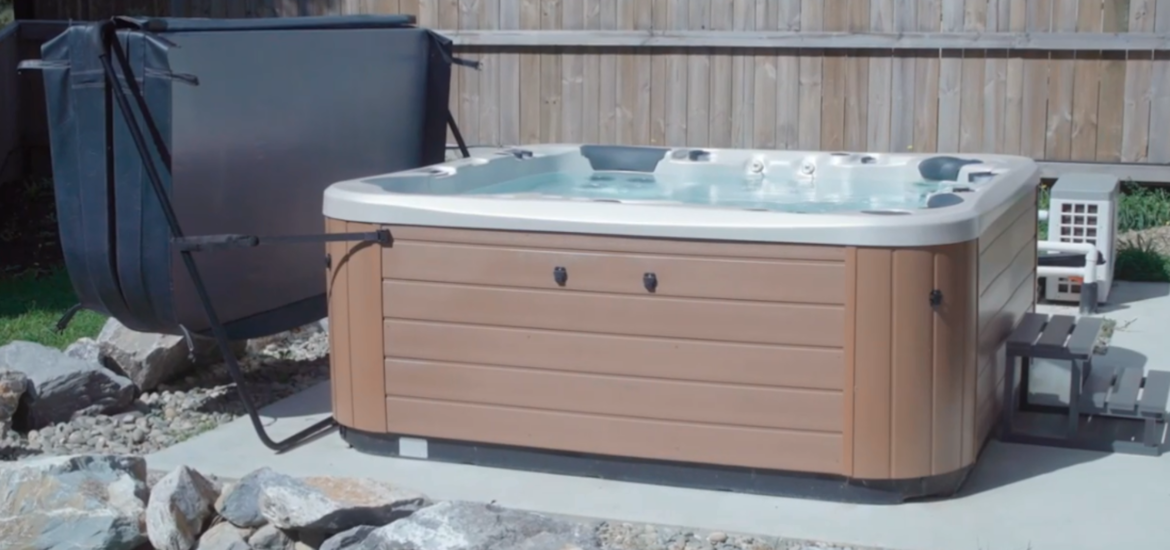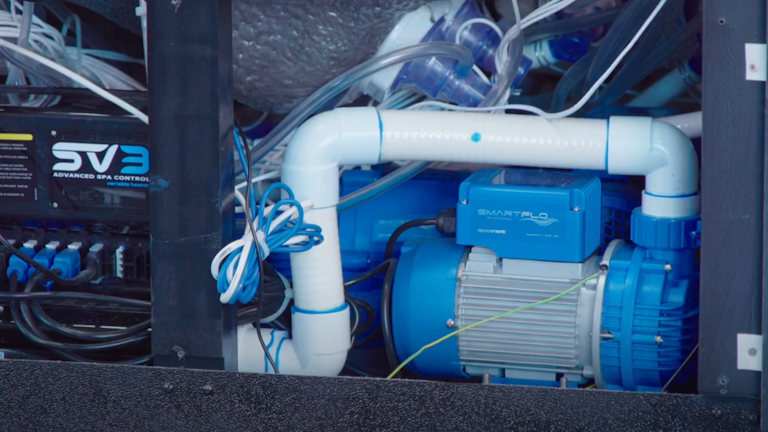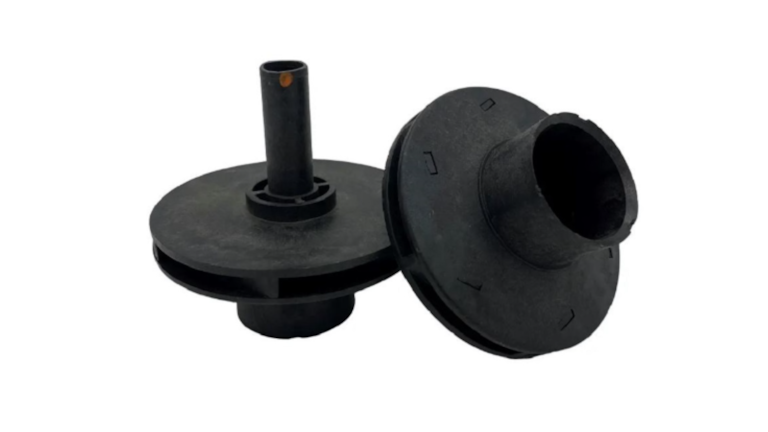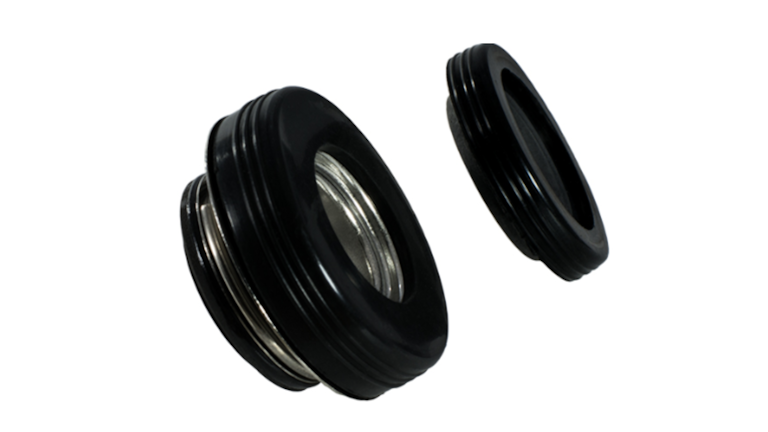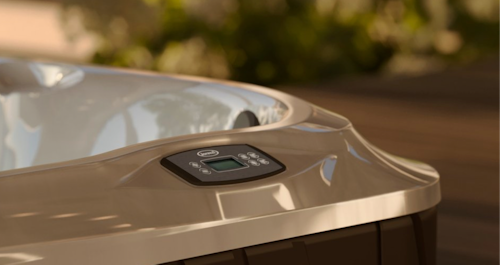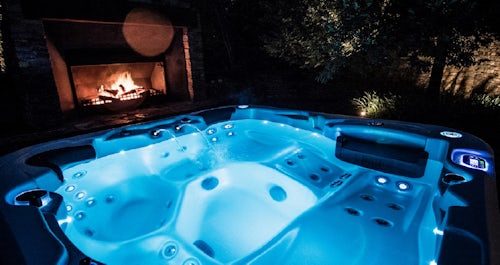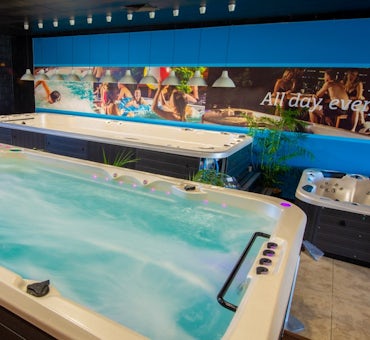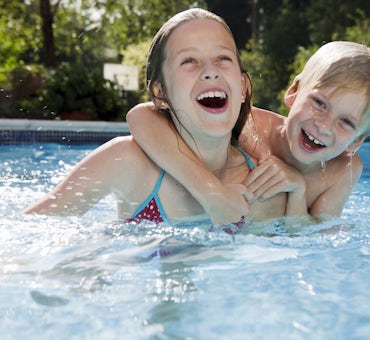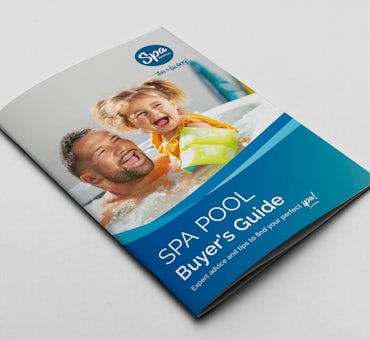Have you noticed an unusual grinding noise coming from your Spa during its heating or circulation cycle? While your spa is designed to operate quietly, these types of noises often indicate an underlying issue.
In this article, we’ll explore the common causes of grinding noises in Spa Pools and provide guidance on how to resolve the issue effectively.
Key Takeaways
- Grinding noises during the heating or circulation cycle often point to an issue with the circulation pump.
- The primary causes include a failing pump bearing, pump shaft seal or a damaged pump impeller.
- Ignoring the problem can lead to more extensive damage to your spa’s system.
- Replacement parts, such as pump bearings, shaft seal, impeller or complete pump replacement, are usually needed to fix the issue.
- If you're unsure, contacting a spa repair professional is highly recommended.
